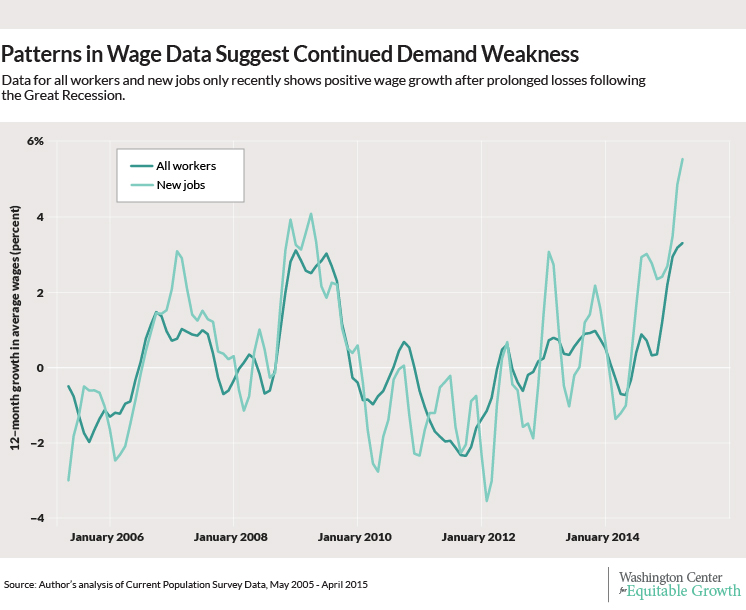Must-Read: : Growth Fantasy of Tax Cuts and Small Government: “Jeb Bush says that if he’s elected president he wants to get us to sustained gross domestic product growth of 4 percent a year…
…I’m highly skeptical, and I’m far from the only one. But there are some true believers… John Cochrane, for example, has a long list of structural reforms that he thinks will do the trick. Now some of these are probably good ideas, and some are probably bad. But… belief that we can reform our way to sustained higher growth… boils down to faith and hope. There are many cases where that faith and hope has turned out not to be justified. For example, there is the case of the… American Legislative Exchange Council, a think tank comprised of state senators and representatives from a number of large corporations… Arthur Laffer…. Every year, ALEC produces a report called ‘Rich States, Poor States,’ in which it ranks states according to how business-friendly their policies are…. Alec lists 15 factors that it claims boost state growth rates. These boil down to low taxes, low levels of government spending and light regulation… the ideas John Cochrane describes, and that pro-free-market economists have been promising us will boost growth since time immemorial…. Shrink the state, cut taxes and the economy will grow.
But do the policies work? Empirical evidence suggests that they don’t deliver. Menzie Chinn… found… ALEC rankings didn’t predict a state’s growth within one year, three years or six years…. Supposedly pro-business policies, of the type constantly urged on us by conservative think tanks and rightward-leaning economists, are just not that effective in generating growth…. Don’t believe that Jeb Bush can deliver on his 4 percent growth promise simply by lowering taxes and easing regulation. As for the more radical steps John Cochrane suggests… many of these radical free-market policies would deliver a lot of economic and social disruption for very little actual growth.


